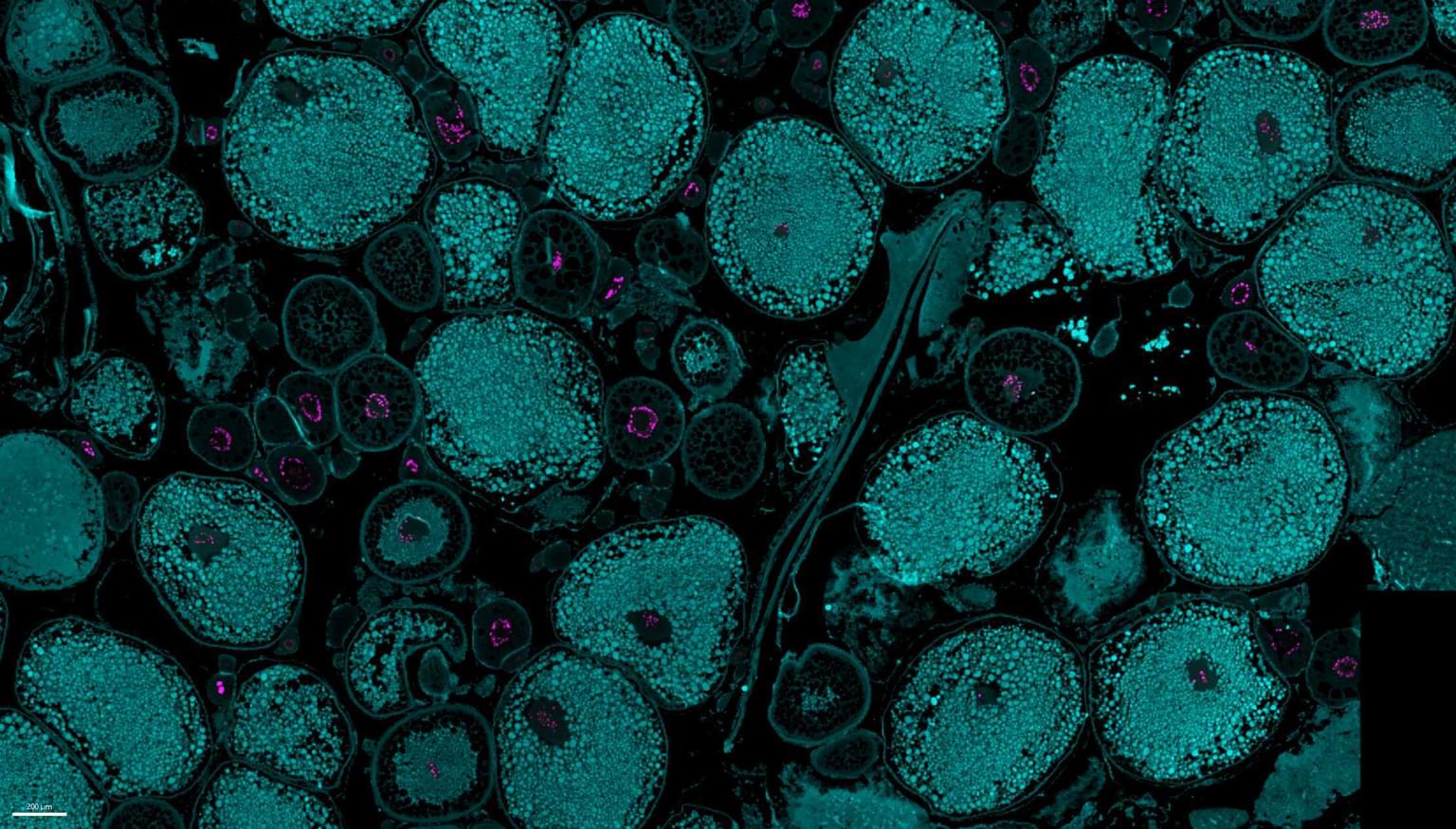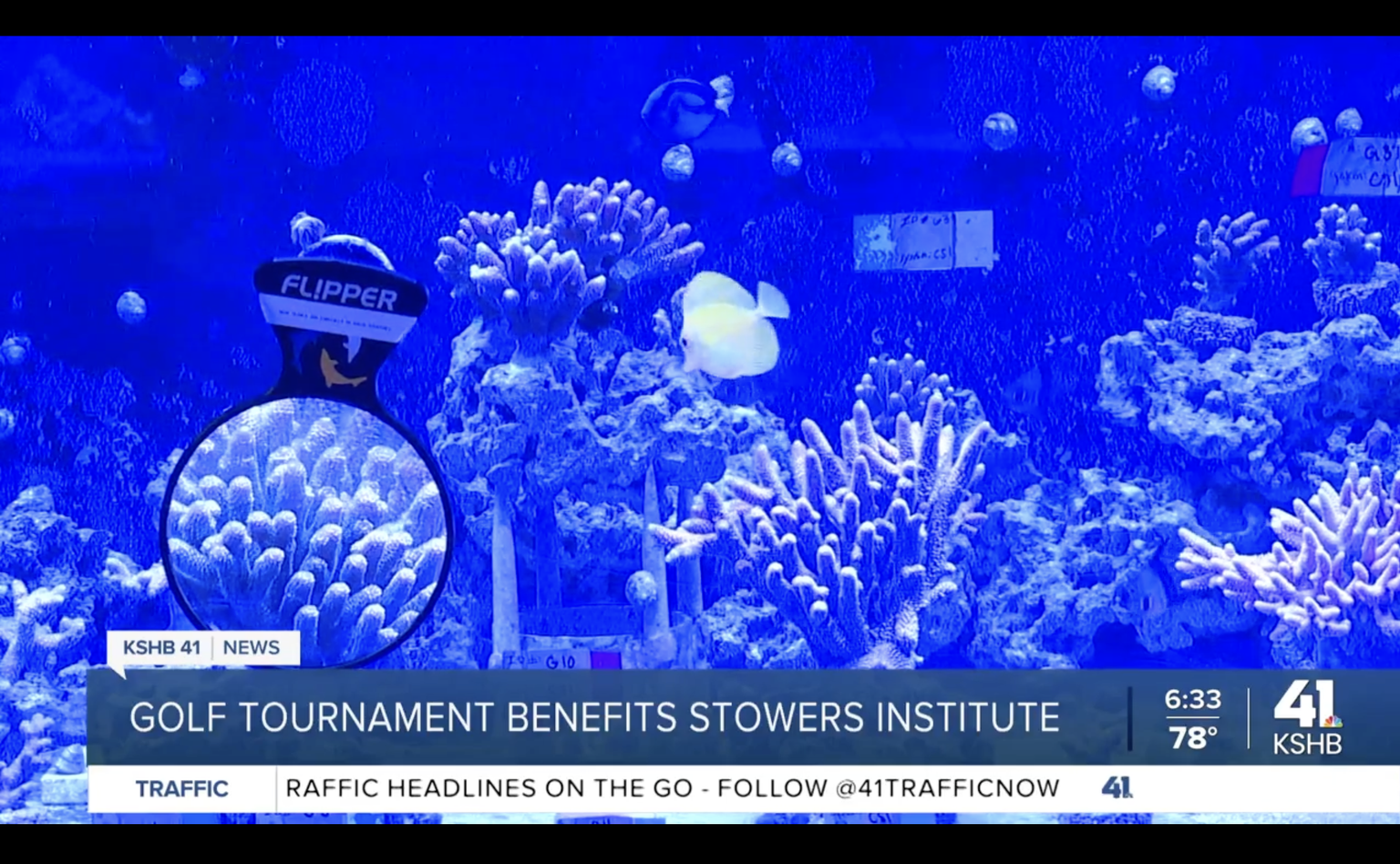We are committed to fostering an environment that values and respects individuals from all backgrounds, regardless of their race, ethnicity, gender, sexual orientation, disability, socioeconomic status, or any other dimension of diversity.
We believe that diversity enriches our scientific pursuits, leading to innovative ideas, perspectives, and approaches. We actively strive to create a supportive and inclusive atmosphere where everyone feels welcome, valued, and empowered to contribute their unique insights and talents. We recognize the importance of equitable opportunities, fair treatment, and access to resources for all lab members.
By embracing diversity and promoting inclusivity, we aim to cultivate a vibrant and collaborative lab culture that celebrates the inherent worth and potential of every individual, and ultimately enhances our collective scientific achievements.





